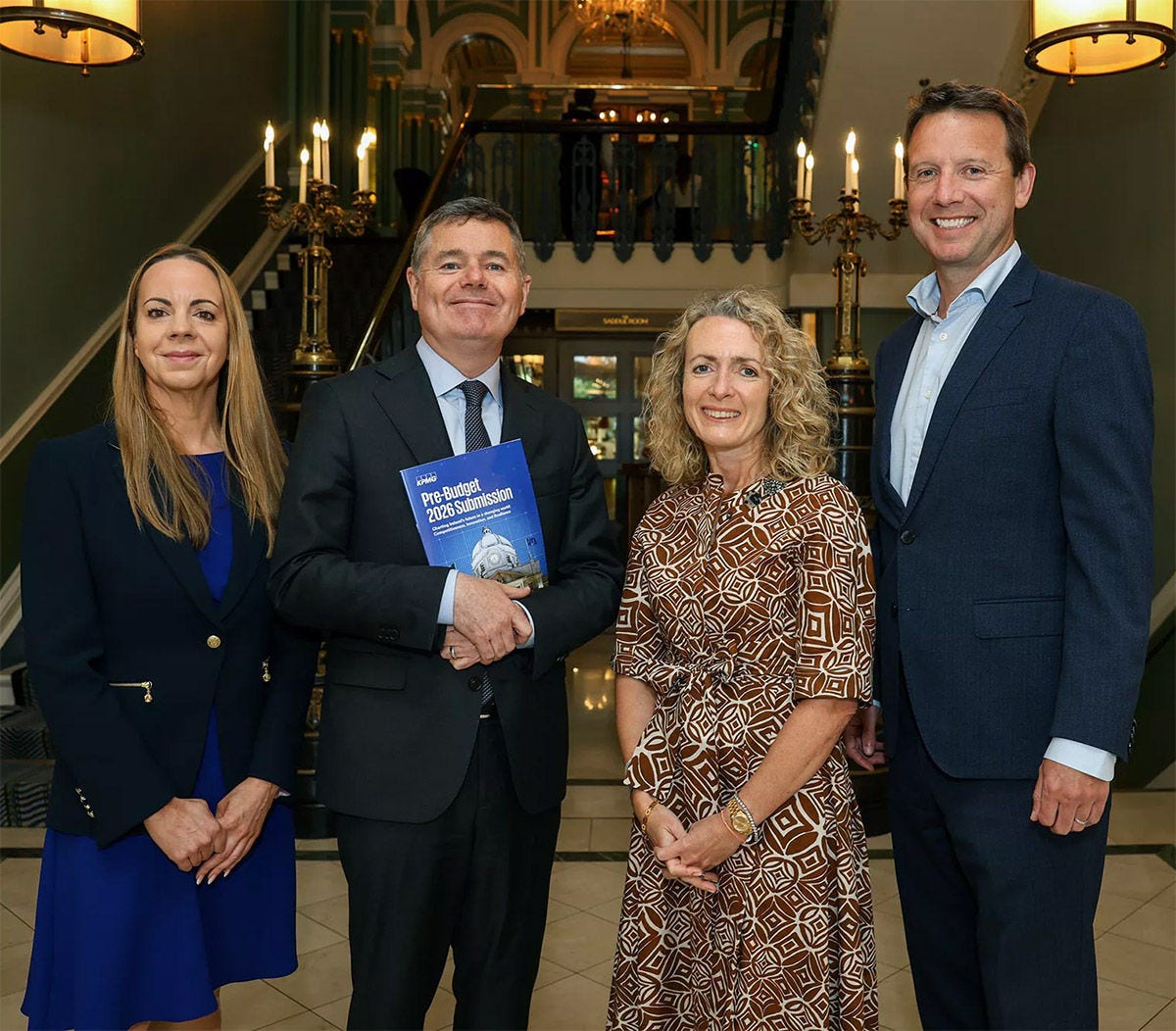Ireland has experienced a high degree of economic success in recent years. Despite this, Ireland stands at a pivotal juncture. The current global economic uncertainty and the ever-changing business environment, both at home and abroad, present ongoing challenges.
So how can we best secure our economic future? Our pre-Budget submission sets out a range of tax policy proposals we believe will help navigate the evolving geopolitical and tax landscape and reinforce Ireland's position as a premier destination for business.





